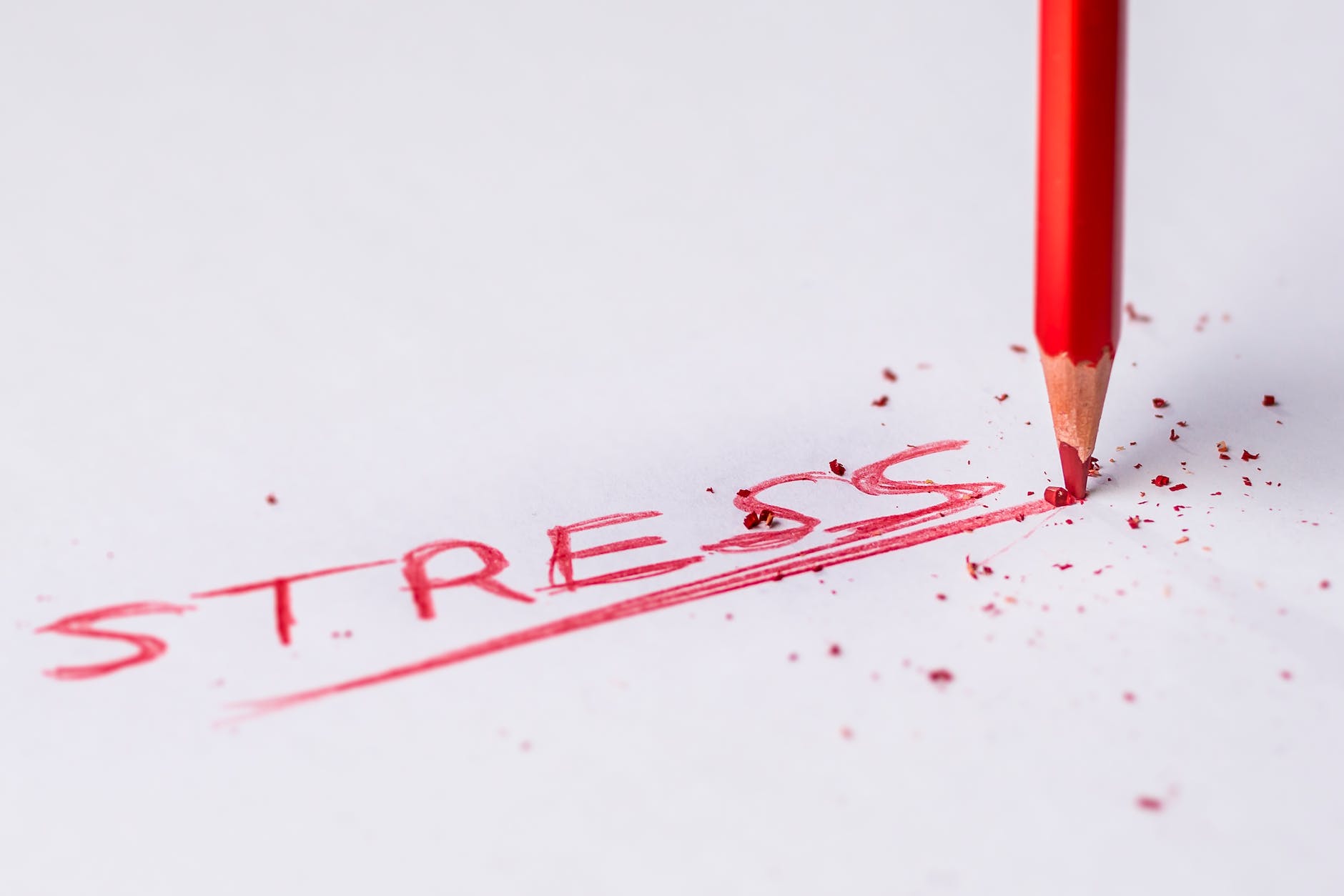Stress management techniques are strategies and practices designed to help an individual reduce or manage their stress levels. These techniques can include a variety of activities such as exercise, meditation, deep breathing exercises, yoga, progressive muscle relaxation, cognitive behavioral therapy, time management, and developing a healthy lifestyle (balanced diet, adequate sleep, etc.). The goal of these techniques is to help individuals cope with stress in a more effective way, promoting better mental and physical health.

Pros of Stress Management Techniques:
1. Improved Health: Stress management techniques can help to reduce the physical symptoms of stress, such as headaches, stomachaches, and sleep problems. They can also help to lower blood pressure and reduce the risk of heart disease.
2. Increased Productivity: By managing stress, individuals can maintain focus and concentration, leading to increased productivity at work or in school.
3. Better Relationships: Stress can often lead to conflict in relationships. By managing stress, individuals can improve their relationships with family, friends, and colleagues.
4. Improved Mood: Stress management techniques can help to reduce feelings of anxiety and depression, leading to an overall improvement in mood.
5. Enhanced Quality of Life: By learning to manage stress, individuals can enhance their overall quality of life. They can enjoy their daily activities more and feel more relaxed and content.

Cons of Stress Management Techniques:
1. Time-Consuming: Some stress management techniques, such as meditation or yoga, can be time-consuming. This can be a challenge for individuals with busy schedules.
2. Not Always Effective: Stress management techniques are not always effective for everyone. Some people may not respond to certain techniques, and it can take time to find the right technique that works.
3. Can Be Difficult to Implement: Some stress management techniques require a significant amount of discipline and commitment. This can be difficult for some individuals.
4. May Not Address Underlying Issues: While stress management techniques can help to alleviate the symptoms of stress, they may not address the underlying issues causing the stress.
5. Potential for Dependence: In some cases, individuals may become overly reliant on stress management techniques, using them as a crutch instead of addressing the root causes of their stress.

The representative sites
1. Mayo Clinic: www.mayoclinic.org/healthy-lifestyle/stress-management/in-depth/stress-management/art-20044151
2. American Psychological Association: www.apa.org/topics/stress/relaxation
3. WebMD: www.webmd.com/balance/guide/blissing-out-10-relaxation-techniques-reduce-stress-spot
4. HelpGuide: www.helpguide.org/articles/stress/stress-management.htm
5. Mindful: www.mindful.org/meditation/mindfulness-getting-started/
6. Verywell Mind: www.verywellmind.com/stress-management-strategies-overview-3144726
7. Healthline: www.healthline.com/health/stress-management
8. Medical News Today: www.medicalnewstoday.com/articles/323324
9. Cleveland Clinic: my.clevelandclinic.org/health/articles/8133-stress-10-ways-to-ease-stress
10. Harvard Health Publishing: www.health.harvard.edu/mind-and-mood/stress-management-ways-to-prevent-and-relieve-stress
11. Headspace: www.headspace.com/meditation/stress
12. Calm: www.calm.com/blog/take-a-deep-breath
13. Stress Management Society: www.stress.org.uk/stress-management/
14. NHS (UK): www.nhs.uk/conditions/stress-anxiety-depression/understanding-stress/
15. Psychology Today: www.psychologytoday.com/us/basics/stress-management
16. National Institute of Mental Health: www.nimh.nih.gov/health/publications/stress/index.shtml
17. American Institute of Stress: www.stress.org/daily-life
18. Anxiety and Depression Association of America: www.adaa.org/living-with-anxiety/managing-anxiety
19. Mental Health Foundation: www.mentalhealth.org.uk/a-to-z/s/stress
20. Mind (UK): www.mind.org.uk/information-support/types-of-mental-health-problems/stress/about-stress/

In conclusion, stress management techniques offer a range of benefits, including improved health, increased productivity, better relationships, improved mood, and enhanced quality of life. However, they also have potential drawbacks, such as being time-consuming, not always effective, difficult to implement, not addressing underlying issues, and the potential for dependence. It’s important for individuals to find the right balance and technique that works best for them. While these techniques can be highly beneficial, they should not replace professional help if stress becomes overwhelming or unmanageable. Always seek professional advice if you’re struggling with stress.

